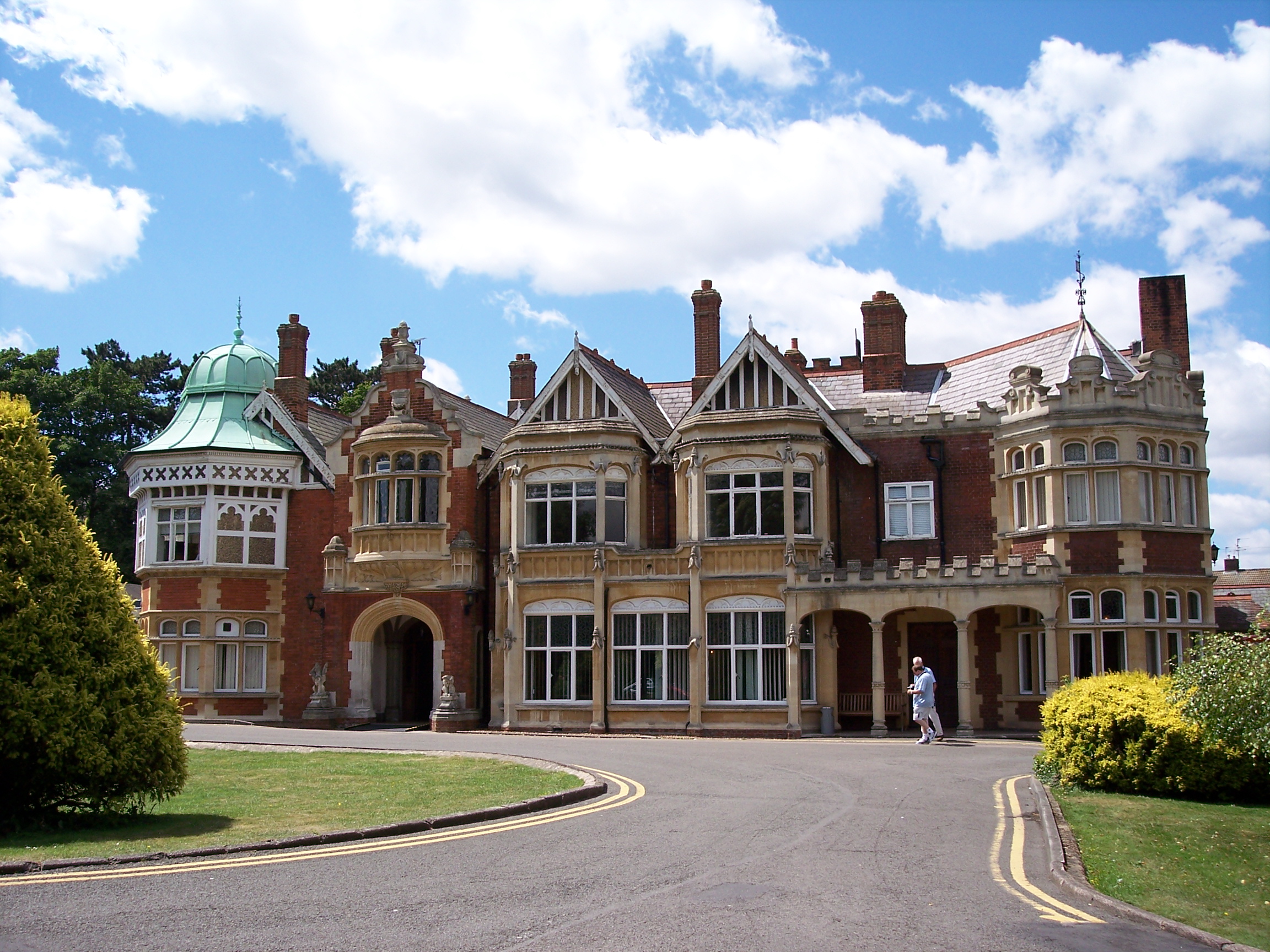Not attacking Germany after the invasion of Poland
 |
| The German Invasion of Poland |
This was one of the major strategic mistakes made by the British and French, especially considering the fact that the German forces would have been overwhelmed. In fact, German generals at that time were so afraid of and immediate counterattack than they had 46 divisions (11 fully trained) along the western border, few compared to the hundreds of division that Britain and France were able to muster. The situation in Poland was so bad that their only option, as noted by Field Marshall Erich von Manstein, "hold out until an offensive by the Western Powers compelled the Germans to withdraw the mass of their forces from the Polish theatre." An offensive which, sadly for the Poles, never materialised.
This failure to attack Germany for an entire year after the declaration of war, ended up giving Germany a major strategic advantage. The woefully ill-prepared German army had an entire year to prepare for war with the west, a war that could potentially have ended much earlier.
 |
| The raid on Dieppe was aborted almost immediately after it started |
One of the most useless and ridiculous raids conducted by the Allies, one that historians (and canadians) up to this day are still wondering, why? The Dieppe Raid took place on 19 August 1942, where about 5000 Canadian troops, together with a thousand British commandos and some US Rangers, attacked the German held port of Dieppe. The raid started at 5.00am in the morning and Allied commanders called a retreat in under 6 hours.
The objectives of the raid was presumably to prove that holding a major port for a short time was possible, along with collecting intelligence and boosting Allied morale (something it failed miserably at). None of the objectives were achieved. The Allied forces on the beach had insufficient fire support and were trapped by obstacles and German return fire by the roughly 1500 German troops who were there.
Almost 60% of the men who made it ashore were either killed, wounded or captured by the Germans. The Royal Air Force lost 106 planes, in comparison to the Luftwaffe's 48. The Royal Navy lost 33 landing craft and 1 destroyer. Instead of showing the world the Allies power, the raid ended up showing that the Allies were unable to invade France for a prolonged period of time.
Operation Market Garden
One of Bernard Montgomery's most epic failures, Operation Market Garden was the largest
 |
| Allied paratroopers in Netherlands during Operation Market Garden |
The Allied commanders were overconfident when planning for the attack and they thought that the Germans were done for. However, Allied troops encountered overwhelming German resistance during the operation, leading to an Allied operational failure. The Allies lost 15 - 17 thousand of their original 41 thousand, with the German losses estimated at 3 - 13 thousand. The failure of Operation Market Garden effectively crushed Allied hopes of ending the war by 1944.
Hey there, thanks for reading! If you enjoyed this post, be sure to share this post with your friends and family and subscribe for more of such exclusive content. If you have any queries or arguments, feel free to drop a comment below and I'll try my best to answer you!

